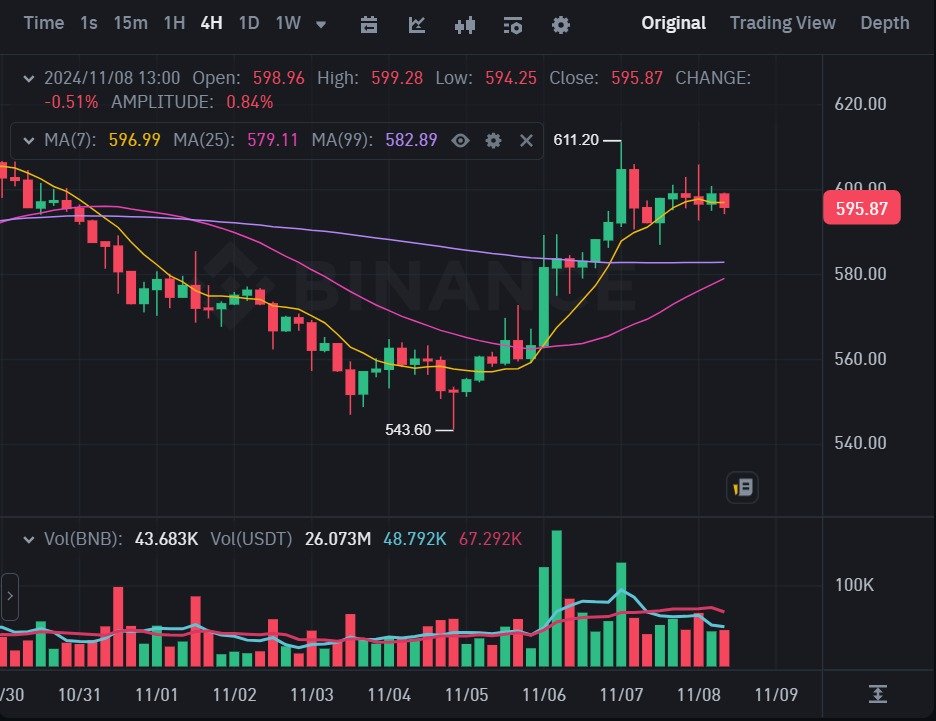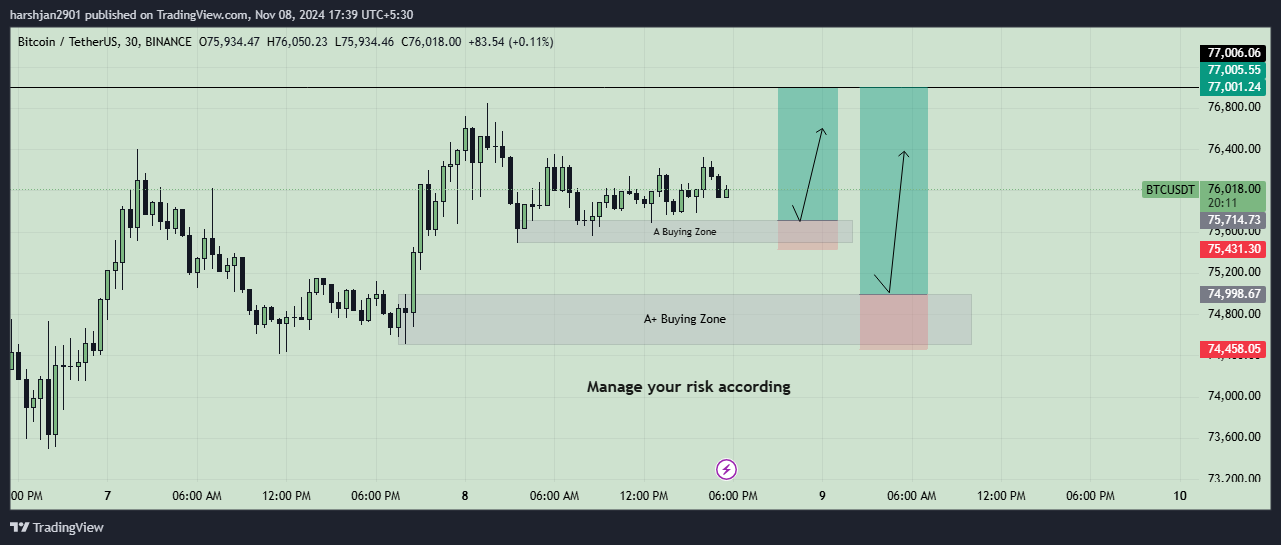Yes, crypto transactions are traceable. While cryptocurrencies like Bitcoin are often perceived as private, they are, in fact, pseudonymous rather than fully anonymous. This means that while personal identity information isn’t directly tied to a wallet address, all transactions are recorded on a public ledger called the blockchain.
How Crypto Transaction Traceability Works:
- Public Ledger: Every transaction made on a blockchain is recorded in a public ledger that anyone can access. This ensures transparency and allows the tracking of transaction flows between wallet addresses.
- Wallet Addresses: Although a wallet address doesn’t directly reveal personal information, it acts as a pseudonym. Transactions tied to that wallet can be traced through the blockchain, showing the source and destination of funds.
- Blockchain Analysis: With blockchain analysis tools, specialized firms and authorities can trace transactions and link them to individuals by connecting wallet addresses to identifiable data points (e.g., exchanges that require ID verification, IP addresses, or transaction patterns).
Privacy-Centric Cryptocurrencies:
Certain cryptocurrencies, such as Monero (XMR) and Zcash (ZEC), have been developed with enhanced privacy features to obfuscate transaction details, making it more challenging to trace the sender, receiver, and amount transferred. These coins use advanced cryptographic techniques to prioritize user privacy.
Key Takeaways:
- Bitcoin and most mainstream cryptocurrencies are traceable, with a transparent transaction history available on their blockchains.
- Authorities and blockchain analysis companies can often trace and link wallets to identities, especially if an individual has interacted with centralized exchanges that follow Know Your Customer (KYC) regulations.
- For enhanced privacy, some individuals opt for privacy-focused coins, though these come with their own trade-offs and potential regulatory scrutiny.
Overall, while crypto transactions provide a degree of anonymity, they are not completely private and are traceable with the right tools and methods.



